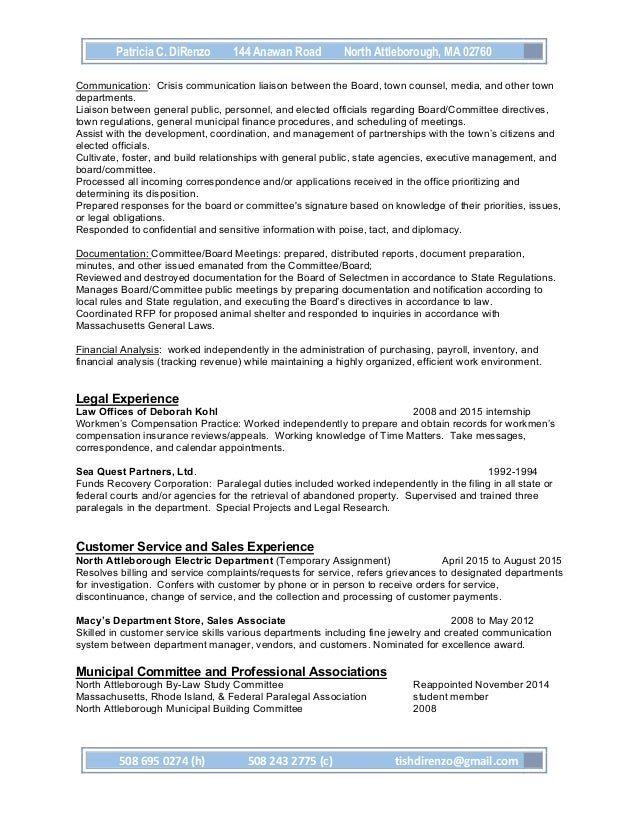

I’d like to manage large projects involving other engineers. I’d like to work for a broadcaster or power station. I’m interested in teaching others about electrical engineering. I want to explore cutting-edge research and programs. I want to earn my degree on my own schedule. I want to see if I enjoy science and math before pursuing a lengthy degree plan. I want to be able to work full-time while earning my degree. Use the following chart to explore more of what each electrical engineering degree can offer graduates: Career Goal and/or educational needs Several colleges offer online electrical engineering degrees at the associate through graduate levels. Students can choose from multiple electrical engineering degree specializations, such as small-scale electronics or large-scale electrical grids. Classes become more advanced as students progress through their chosen degree plan. All engineering degrees focus heavily on math and science. Most electrical engineering careers require at least a bachelor’s degree, but electrical engineering degrees at the associate level are also available. The map below shows details of the 10th, 50th, and 90th percentile earners for each state.Īccording to a Princeton Review survey, over one-third of electrical engineers own equity in their firm, have started their own company or have filed for a patent. The highest earners are located in California, Alaska, Massachusetts, the District of Columbia and Washington state. The top 10 percent of all electrical engineers can earn more than $143,000 a year and engineers in the bottom 10 percent can expect to earn an average of $60,000 annually. Engineers working in oil and gas extraction or wireless telecommunications earn particularly high salaries. The Bureau of Labor Statistics reports the median annual wage for electrical engineers was $91,410 in 2014.

Show More Electrical Engineer Salaries and Job Outlook Salary Facts and FiguresĮlectrical engineers are well-paid for their work. Additional certification or specialization can help electrical engineers progress further in specialized career fields. Most electrical engineers must have a bachelor’s degree or even a master’s degree in electrical engineering from a university accredited by the Accreditation Board for Engineering and Technology (ABET). To progress in this rapidly changing field, engineers must remain abreast of current trends. Common sub-disciplines include:ĭepending on background and expertise, engineering projects can include projects such as developing telecommunication systems, lighting and wiring buildings or designing household appliances. Because of the wide range of industries using electrical engineers, many engineers specialize in sub-discipline of electrical engineering. Because of their multifaceted duties, electrical engineers sometimes specialize in project management, research and development or consultancy. Engineers handle practicalities by conducting feasibility studies and cost analyses. Engineers are involved in projects from conceptualization to maintenance.

With Lantern's Career Quiz, you can be matched to career options that align with your personal characteristics.Įlectrical engineers are more than just system designers and developers. Included are the steps to become a qualified electrical engineer, degree paths, potential salaries and projected career growth for specific subfields. This comprehensive guide is designed as a resource for individuals interested in the electrical engineering career path.
:no_upscale()/cdn.vox-cdn.com/uploads/chorus_image/image/65889930/wiring_problems_xl_banner.7.jpg)
In getting there, electrical engineers must consider questions such as: What level of degree should I get to maximize my income? What concentration should I learn to obtain my dream career? Do I have to join an engineering firm or can I work on my own? Becoming an electrical engineer requires training, commitment, and the willingness to wonder about questions such as how a flat screen television manages to be energy efficient or how a Las Vegas casino manages to use so much electricity without blowing a fuse.Įlectrical engineers answer the tough electrical questions and may work on anything from handheld gadgets to massive electrical grids.


 0 kommentar(er)
0 kommentar(er)
